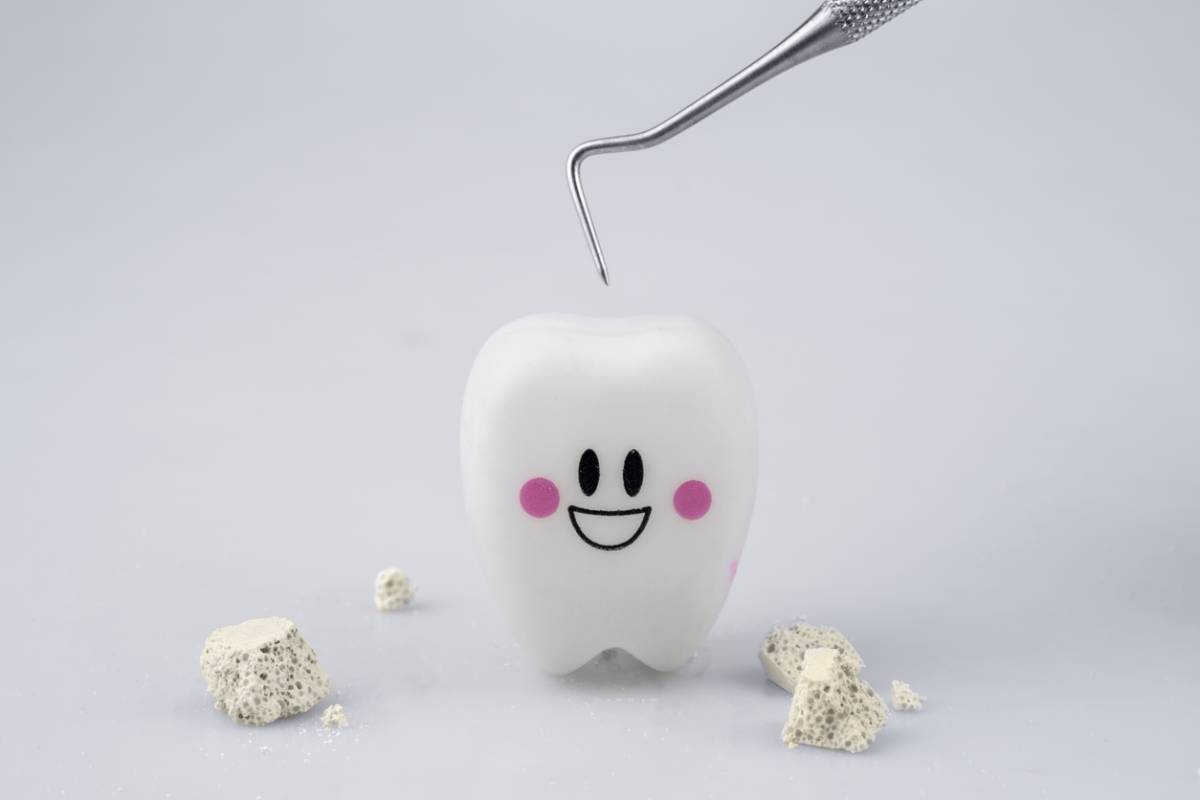Tooth extraction is a surgical procedure. The procedure itself is usually not painful due to anesthetics, but it can cause a lot of discomfort afterwards. While you are waiting for your gums to heal, it is important to stick to a special care routine, which also includes a particular diet. In this article, we will talk about what to eat after tooth extraction.
Why Is Post-Tooth Extraction Diet Important?
There are two main reasons to adhere to a special diet in the first several days after tooth extraction:
To avoid irritating or damaging the area of surgery and prevent any unnecessary complications
To promote the healing process by supplying good nutrition to your body
The first 24-48 hours after surgery are especially important, and in this period, the area of extraction calls for special care and attention. During this period, a blood clot is formed in the socket of the extracted tooth, and it is crucial to keep it in place for the healing to go smoothly.
If you eat the wrong foods during this time, it can result in dislodging the clot, bleeding, inflammation, and even infection. Dislodging the clot also leads to a complication called “dry socket” that causes intense pain and even fever. Ask your dentist for a complete post-surgery care guide.
What to Eat After a Tooth Extraction?
Below we made a list of foods to avoid after tooth extraction, and a list of foods that are recommended. Follow this guide to have a swift and smooth recovery after the surgery.
Foods to Avoid After Tooth Extraction
- Hard foods (for example, raw carrots, apples, nuts, etc.) are best excluded as they require a lot of force and time to chew, which is strenuous for the post-surgery mouth.
- Crunchy foods (crackers, popcorn with seeds, chips, cookies, etc.) are also risky because their small particles can get stuck in the socket, damage the clot, and cause inflammation.
- Sticky and sweet foods (candy, toffee, caramel, etc.) can also easily dislodge the clot or get stuck in the socket.
- Acidic foods and drinks and spicy food (juices, soda, citrus fruits) cause irritation and pain and delay healing.
- Alcoholic beverages and smoking also delay healing and increase the risk of inflammation.
Liquid Foods for the First 24 Hours After Surgery
For the first 24 hours after the surgery, it is best to adhere to a liquid diet that might include:
- Cream soups or broth
- Smoothies
- Yogurt or kefir
- Pudding
Soft Foods for the Second 24-48 Hours After Surgery
On the second and third days after the procedure, soft foods will be chosen. The options may include:
- Mashed potatoes or other vegetables
- Boiled vegetables that are easy to chew and swallow
- Omelets
- Meet in the form of pâté
- Soft bread
- Soft or cream cheese
- Soft fish
Do Not Use a Straw, and Avoid Smoking
It might misleadingly seem like a good idea to use a straw since you have to adhere to a liquid diet. However, you must never use a straw when healing after a tooth extraction surgery. The suction created in the mouth by a straw can easily dislodge the blood clot from its socket. Similarly, smoking also creates suction.
After the First 48-72 Hours After the Surgery
It is best to adhere to the soft diet for a couple of days still, gradually introducing your usual foods as you start feeling that the socket is healing. However, you should still avoid hard, crunchy, and sticky foods until your gums are completely healed. Also, make sure to eat nutritious food to promote healing.
Protein-Rich Food for Healing
Protein participated in building new cells and tissue repairing and recovery processes. Some options for protein-rich foods include:
- Eggs
- Fish (also contain Omega-3 fatty acids that reduce inflammation)
- Chicken
- Tofu
Foods That Promote Bone Growth
To prevent underlying bone loss after tooth extraction, try to include the following foods rich in calcium and vitamin D in your diet:
- Dairy products (milk, cheese, yogurt, etc.)
- Leafy greens (kale, spinach, etc.)
Stay Hydrate£d
Hydration is key in the healing process. Make sure to drink a lot of water. Herbal tea can also be a good option, as it can have a calming and anti-inflammatory effect. However, avoid very hot and very cold beverages, as well as caffeinated drinks, as they can increase the blood flow to the surgery area, causing bleeding.
Make an Appointment Today
At Shodhan Yucaipa we provide emergency dental services. If you experience intense pain for longer than a day after tooth extraction or feel that you need a check up, do not hesitate to call our office. We are looking forward to welcoming you in our office and to ensure your dental health.

